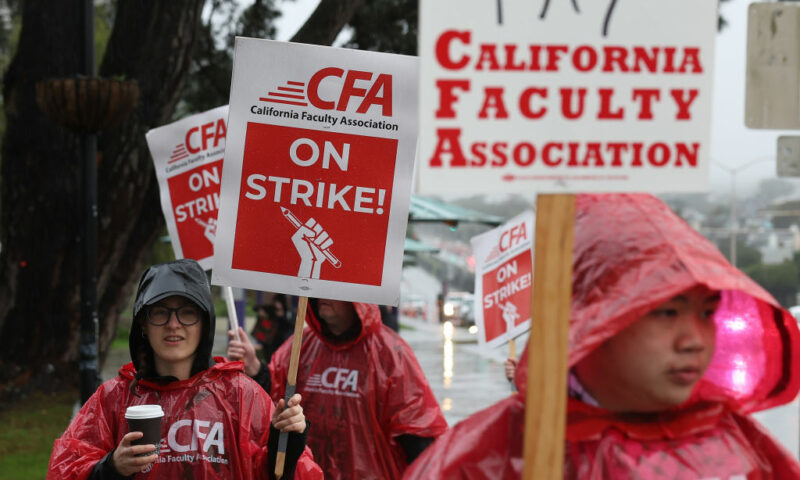
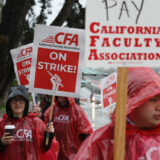
Despite a 10% raise, professors, lecturers, coaches, counselors and others will return to contract negotiations within months.
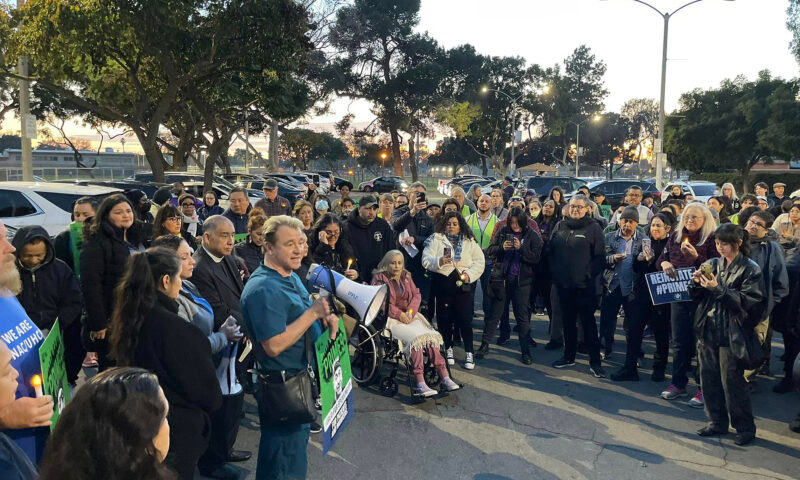
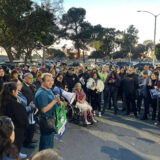
Nine Lynwood St. Francis Medical Center staffers say they were fired as retaliation for leading union protests against staff cuts.


In coverage for key areas including immunizations, mental health and well-child visits, insurers fail to deliver for those 26 and younger.
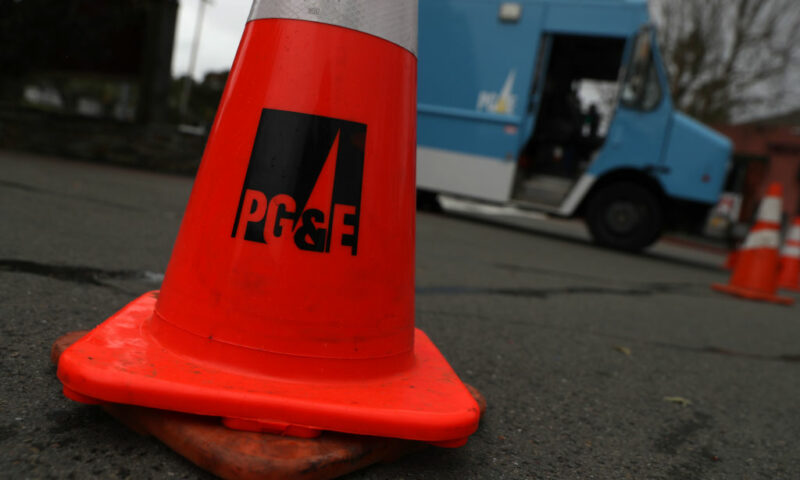

A $33 a month average rate hike took effect Jan. 1. Now PG&E wants up to $20 a month more. Reformers say it is time to cap annual increases.
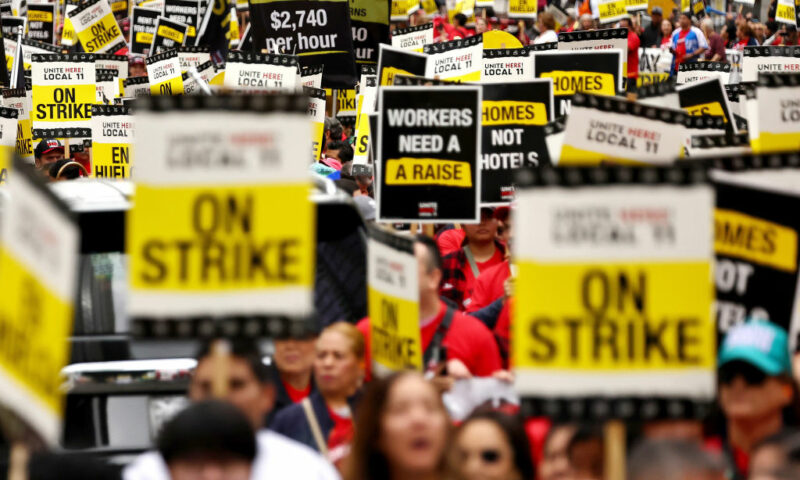
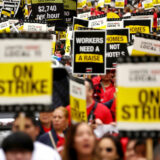
In the face of weak labor laws, hospitality workers brought their fight for better wages and working conditions to the court of public opinion.
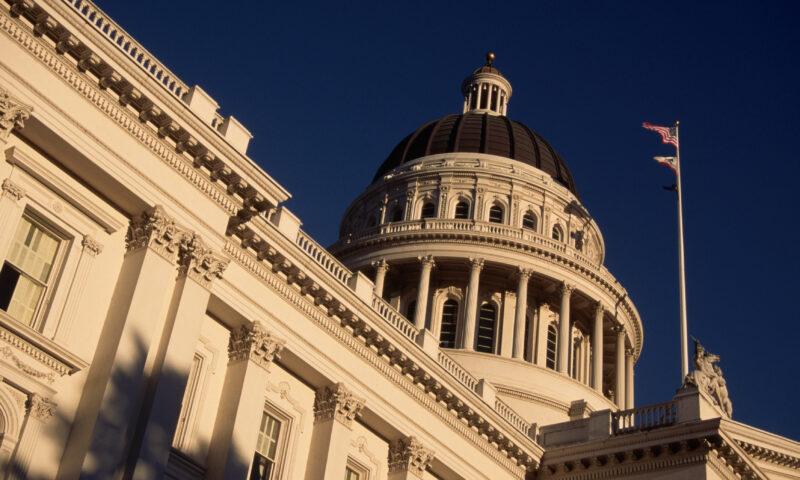

Minimum wages to rise statewide, with larger gains for fast food and health workers. More paid sick leave, workplace violence prevention rules and other worker protections are also to begin Jan. 1.
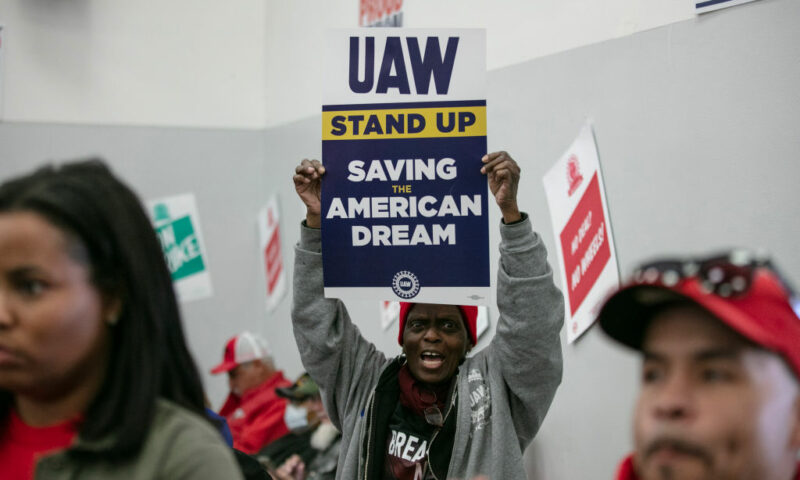

A rare mix of big strike wins, broad public support and a labor-friendly economy could drive union membership growth.


California Faculty Association members seeking a pay raise walked out at four of the 23 campuses this week.
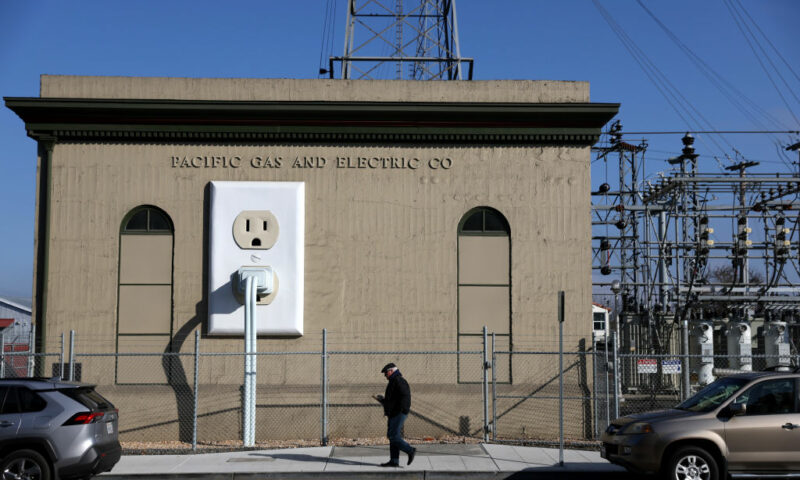
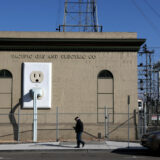
With no cap on price increases for California’s utilities, Pacific Gas & Electric will hike rates 13%, which it says is needed for upgrades.
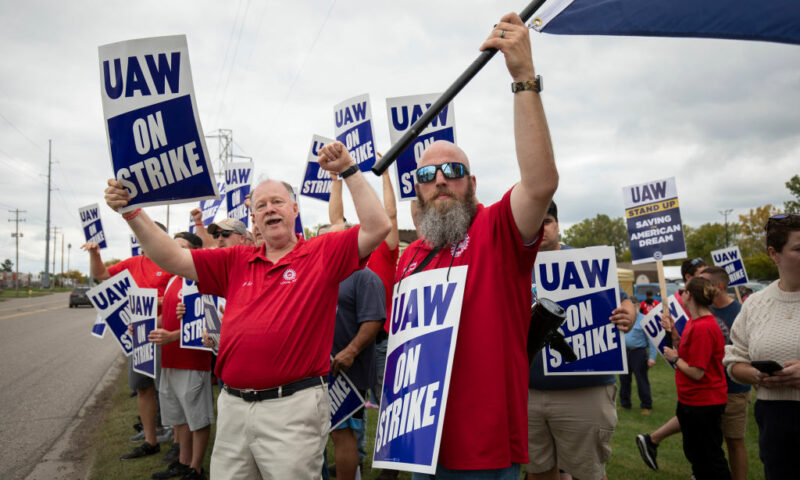

The laws that helped pull unionization down to near 10% remain on the books — but six out of 10 U.S. adults now say declining unionization is bad for the country.


More than 7 out of 10 think children will be worse off than their parents and favor spending on tax credits, child care and job training.


Despite the long delay to raise resort workers’ wages close to $20 an hour, their 2018 victory inspired labor collaboration driving current strikes.


The lowest income Californians are more likely to have lingering symptoms, and more likely to lose jobs.
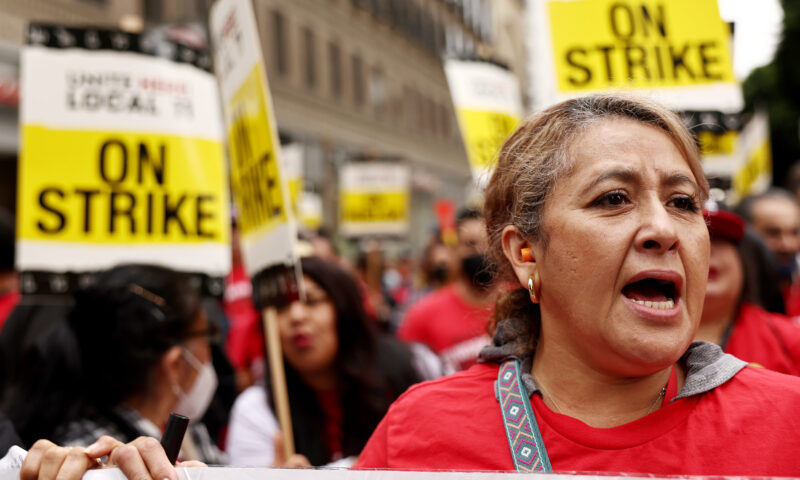

All sides must bargain in “good faith,” but U.S. labor laws do not say what that means, and penalties are weak.
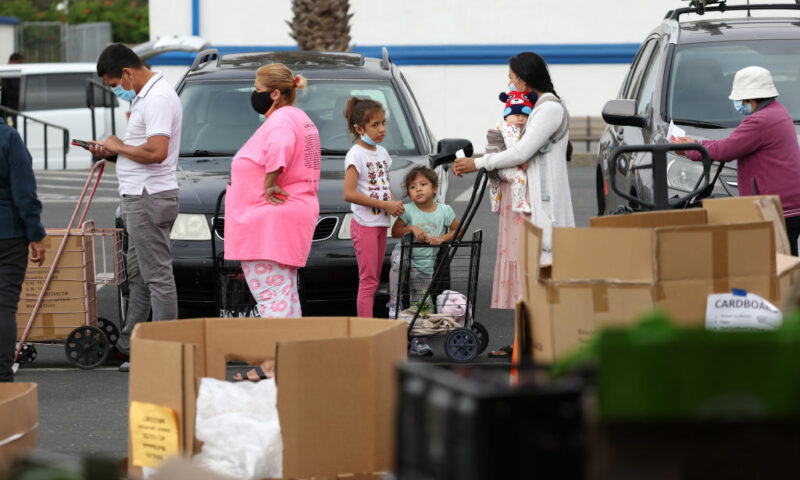

The end of pandemic relief programs is returning millions of children to poverty.


Cuts and turnover, even more than pay, make their jobs impossible, they say.
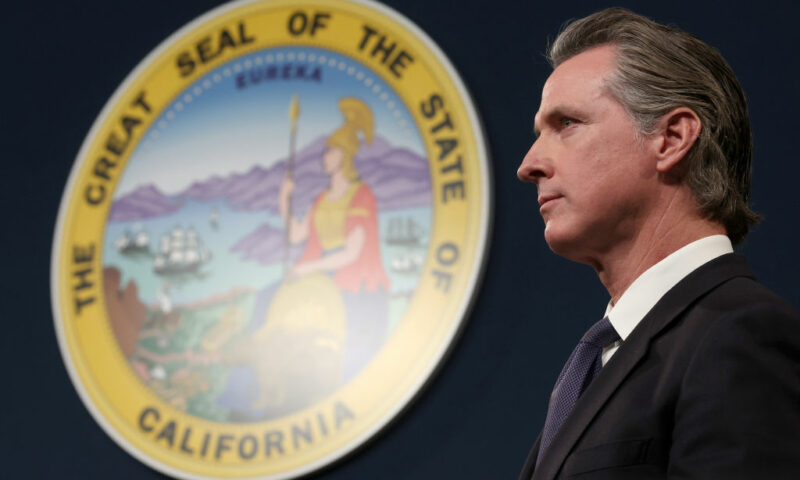

The bill passed by the California Legislature would have limited benefits to keep state payments manageable.


California requires a minimum of three sick days, the least among 15 states. A bill to raise it to five days is opposed by the business lobby as it awaits Gov. Newsom’s signature.


Governor could leap past politics and sign unemployment bill just to keep striking workers in an uneven game.


Likely all Los Angeles workers, says a new study of pay and expenses. But the political will is not yet there.